Insights
Get expert insights into cough science, monitoring and research
Get expert insights into cough science, monitoring and research
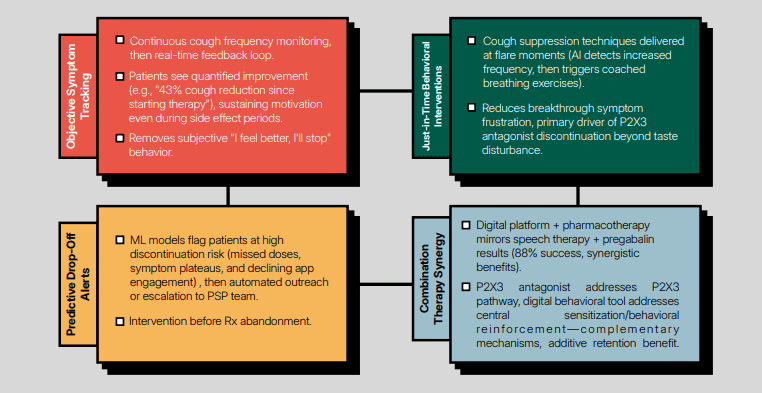

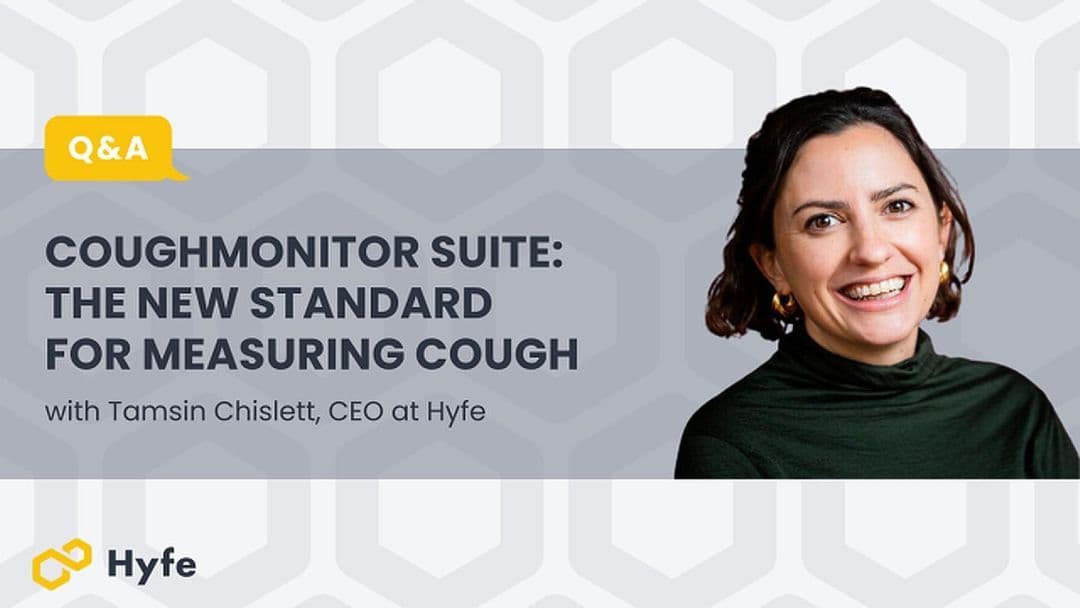





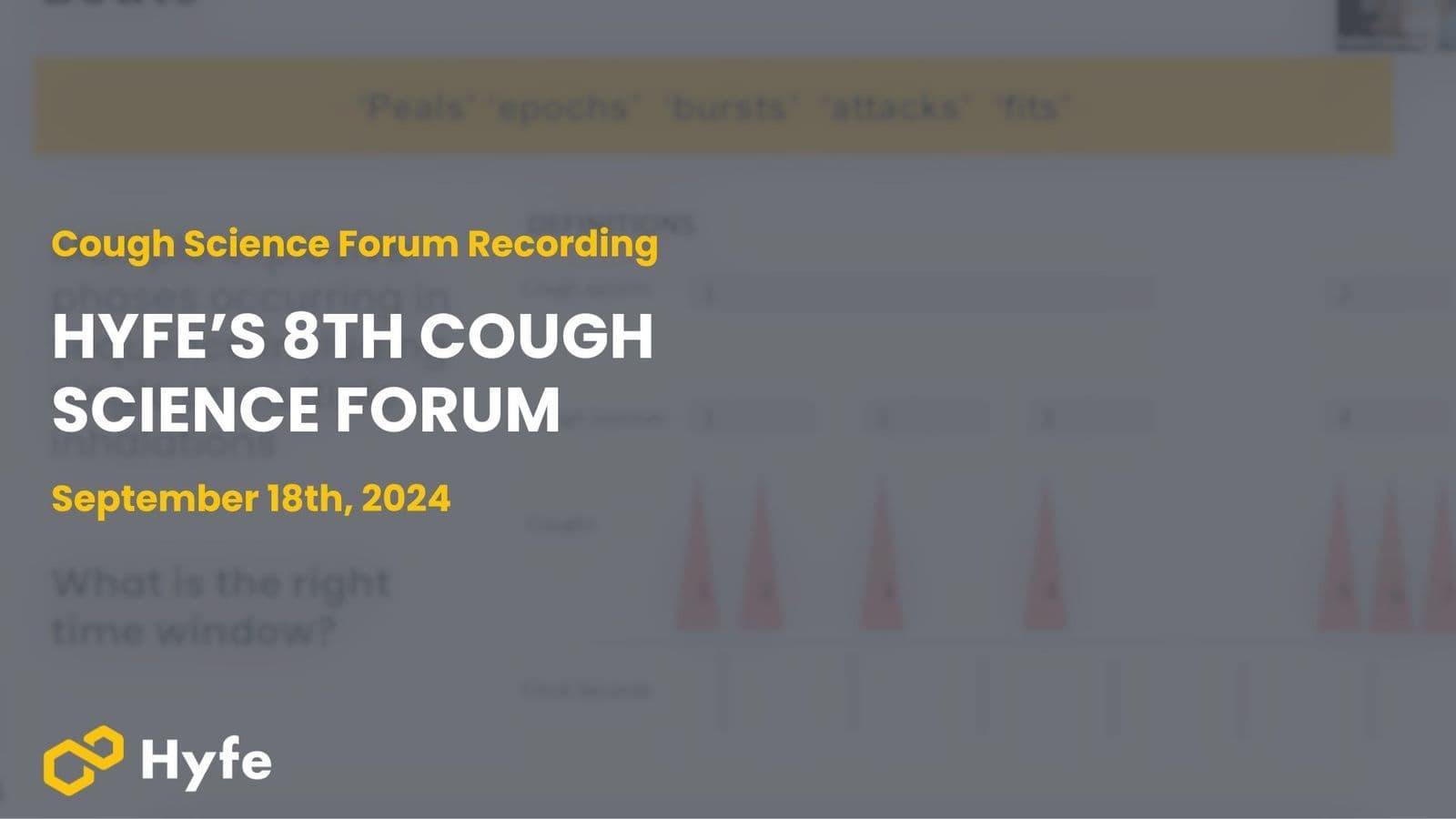


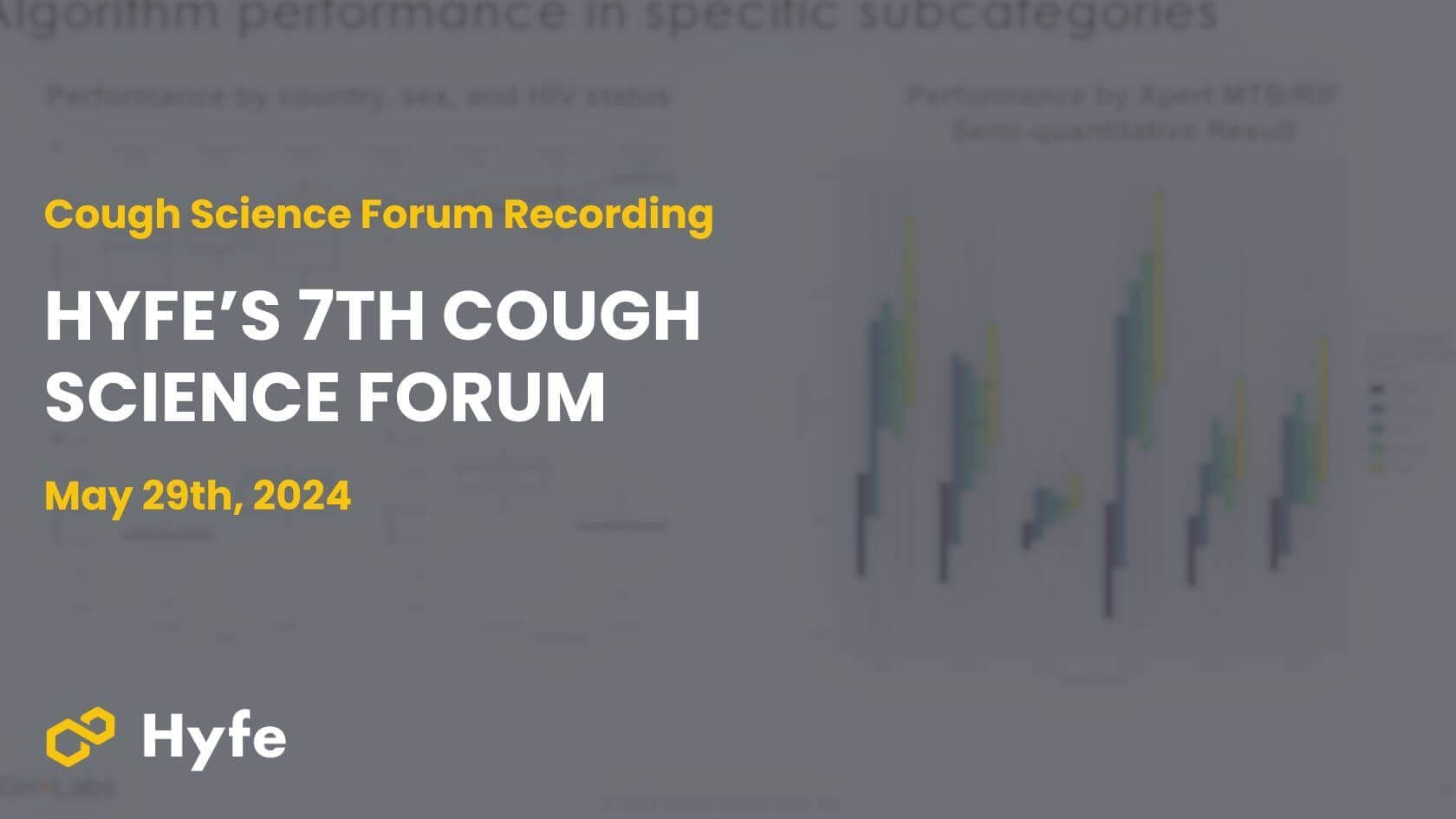




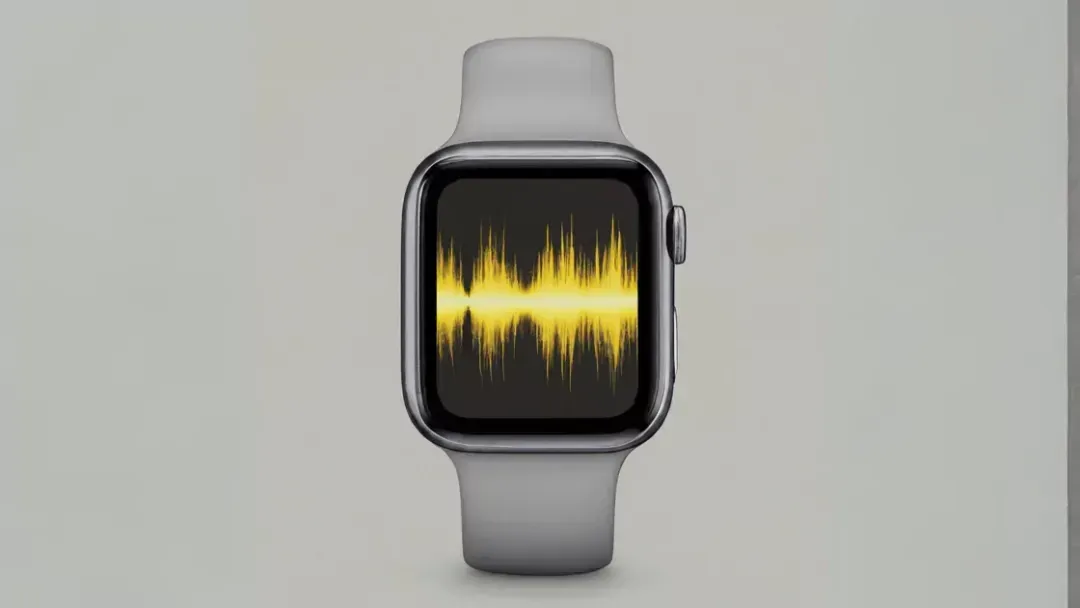
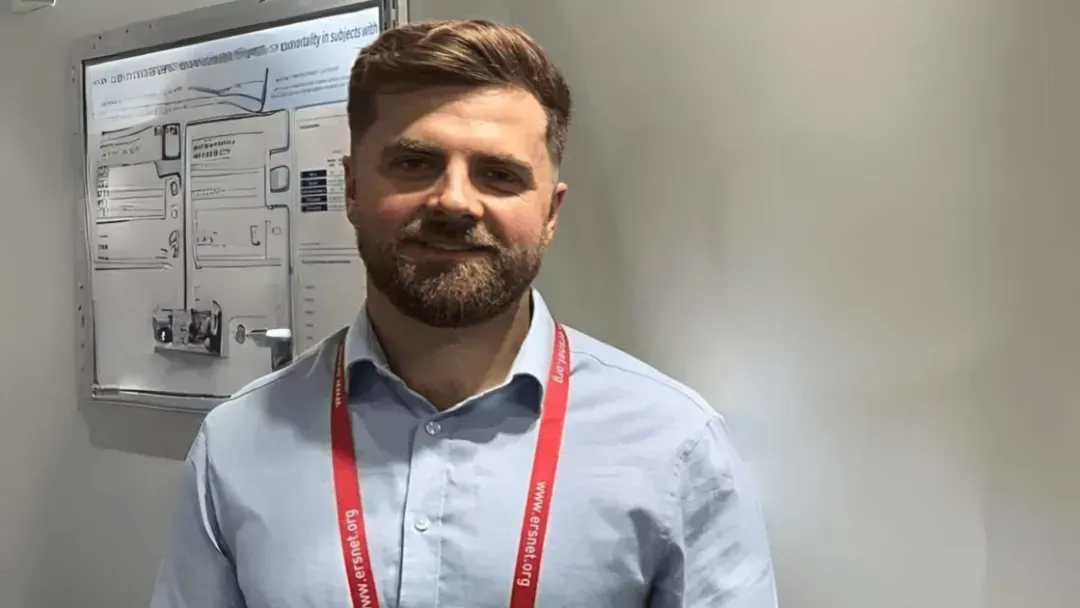
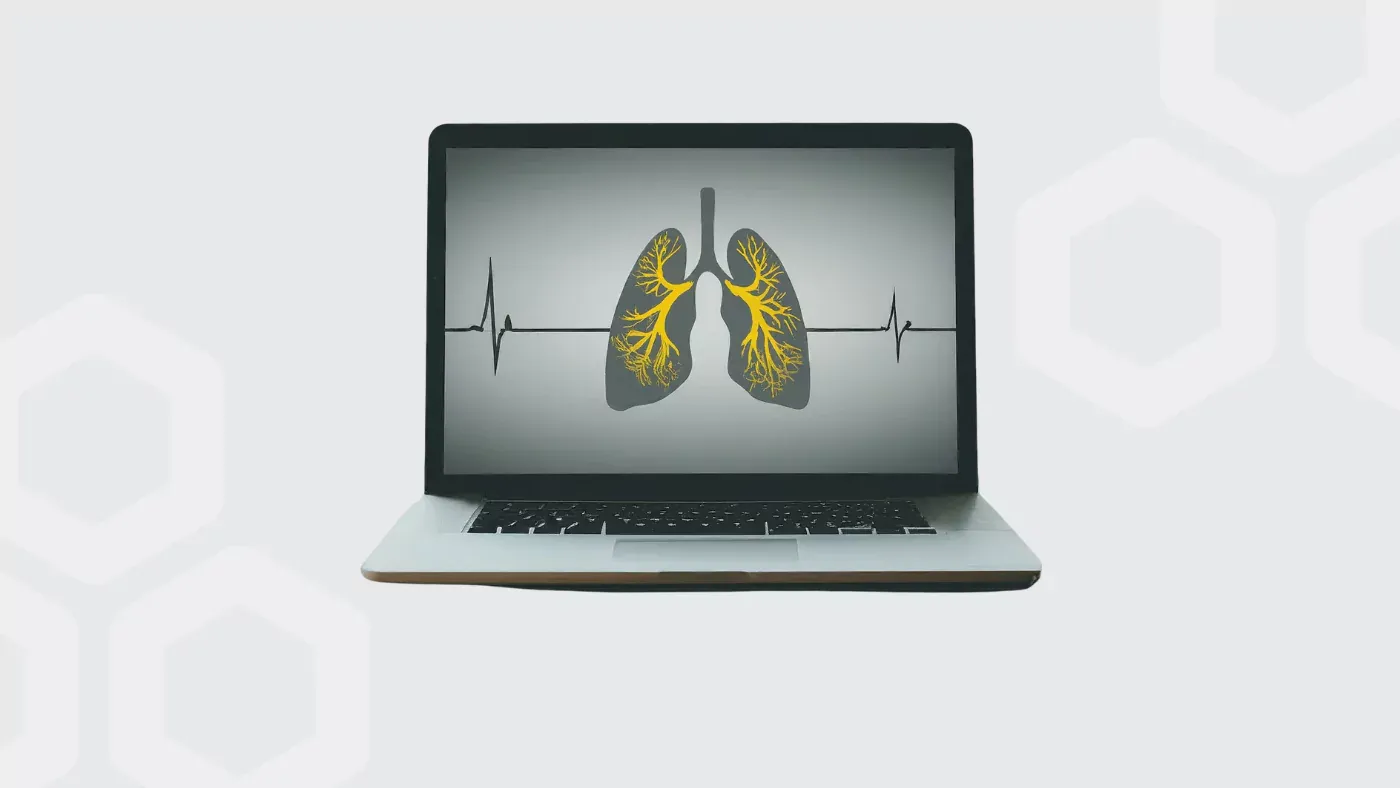
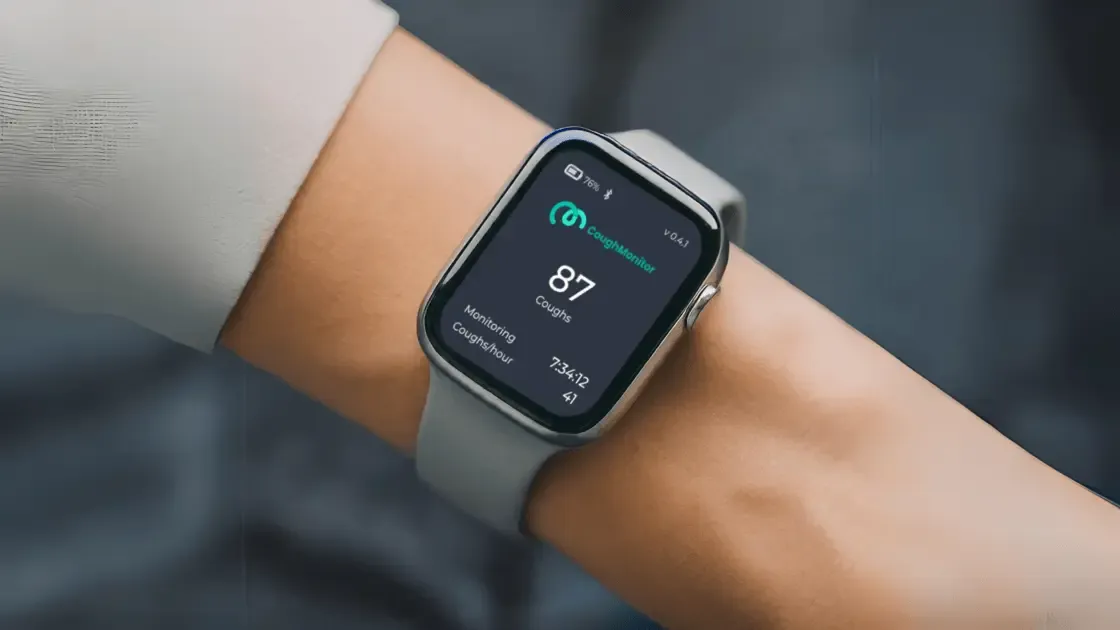

Dominic Sykes is a trainee respiratory physician currently working at the Hull University Teaching Hospitals NHS Trust. He graduated from the Hull York Medical School in 2019 and is currently working towards his Medical Doctorate focused on the effect of azithromycin on cough in chronic respiratory disease. Follow him on X: @Sykesy5
My name is Dominic Sykes and I am an early career researcher and a trainee respiratory physician, currently working at Hull York Medical School and the Hull University Teaching Hospitals NHS Trust in the UK. Our work in the Hull York Medical School’s Respiratory Research Group is mainly aimed at identifying the pathological cause of Cough Hypersensitivity Syndrome. It is well-known that many patients with chronic cough demonstrate vagal hypersensitivity, lowering their threshold to cough when exposed to normally innocuous stimuli.
I am currently running a prospective clinical trial as part of my thesis for a medical doctorate. The primary aim of the trial is to examine the effect of azithromycin on objective and subjective measures of cough in patients with a multitude of chronic respiratory diseases, including refractory chronic cough, COPD, asthma, and interstitial lung disease. We are also examining the relationship between cough severity with esophageal function by utilizing high-resolution esophageal manometry. We hope this will help us better understand the relationship between chronic cough and esophageal function.
This work is important for a multitude of different patients who suffer from chronic cough, including those with cough hypersensitivity syndrome, pulmonary fibrosis, asthma, and COPD. We hope to delineate a common pathology of esophageal dysmotility in these conditions and present a simple way to optimize the management of such patients.
From our research, we believe that a potential explanation for Cough Hypersensitivity Syndrome may be esophageal dysmotility, leading to chronic micro-aspiration of non-acidic gaseous refluxate. In a previous retrospective analysis we showed that up to two-thirds of patients with refractory chronic cough have an element of esophageal dysmotility.
We are using CoughMonitor to monitor subjects over 5 weeks, including an initial week of continuous monitoring to ascertain a baseline average of coughs per hour for each participant before they initiate treatment with azithromycin and then for a further 4 weeks to monitor response to treatment. I believe that this method of assessing cough frequency is superior to the recognised strategy of counting coughs on 2 separate occasions before and after therapy. It is well known that, unfortunately, cough trials often have a large placebo effect which may be partly attributable to the methodology of cough recording. The advantage of prolonged cough recording is that it enables us to gather more granular detail into the nature of one’s cough. In my experience, patients often have a particular aspect of cough which they find most bothersome. By doing continuous monitoring in patients who experience a particularly troublesome cough in the morning, we can monitor whether therapies are improving that particular aspect of their cough. Hyfe’s innovative dashboard is an extremely useful tool in monitoring cough in this way.
Patients are generally very intrigued by this data and they find CoughMonitor a helpful tool to understand their cough better. They particularly like the fact that they do not have to be particularly ‘tech savvy’ in order to collect data around their cough. We have had great success collecting full data sets from patients of all ages, including patients in their late 80s!
I am very excited about the numerous phase 3 trials of new compounds trialed in refractory chronic cough. I am also very intrigued to see how we can evolve continuous cough monitoring and try to further the understanding of the different phenotypes of cough in our patients.



